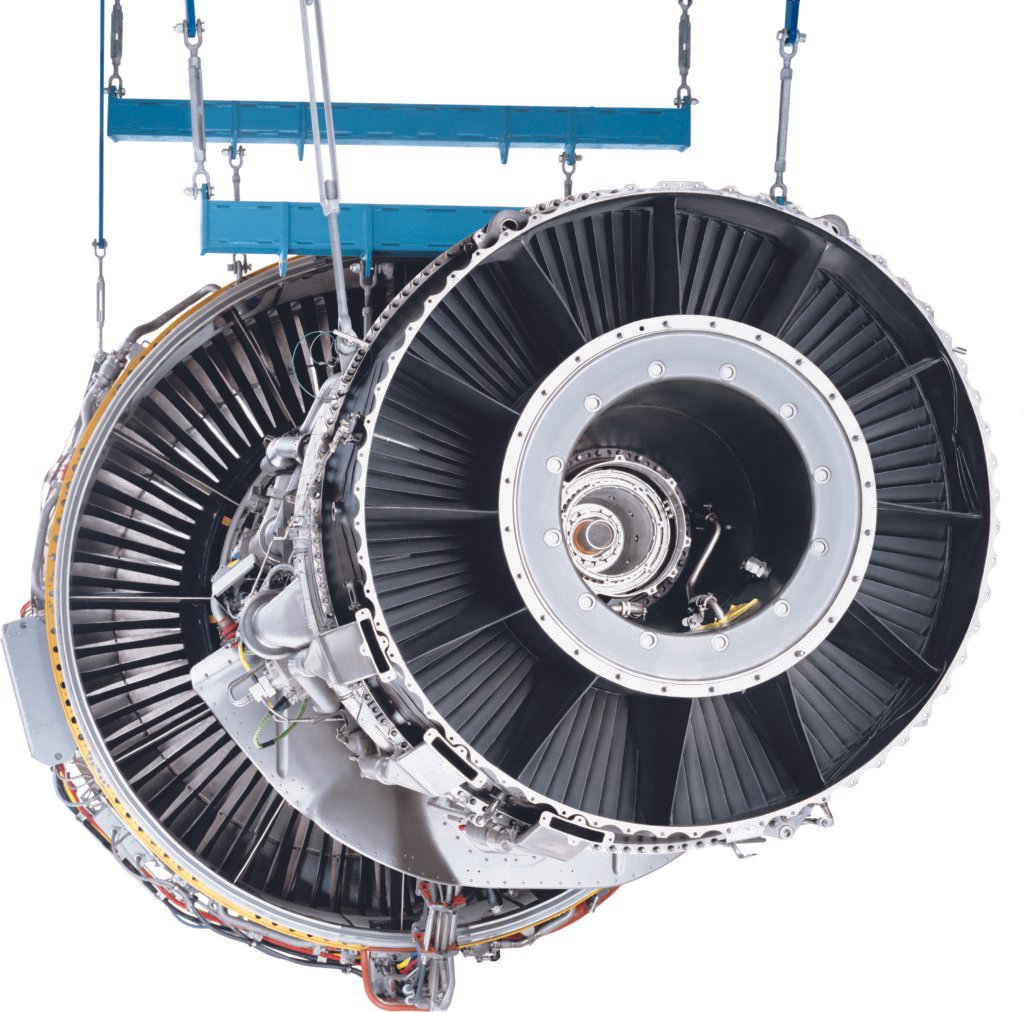GE Power has teamed up with local electricity producer Marinus Energy in a new project in western Ghana, to capture the “waste” gas and burn it to generate electrons.
The waste fuel is isopentane. It is one of several heavier hydrocarbons naturally occurring in the raw gas produced from Ghana’s giant offshore fields. Energy companies strip off these heavier hydrocarbons during processing to leave pipeline-quality dry natural gas, which can be burned safely in the country’s power plants.
Some of these compounds are useful. For example, ethane, butane and propane can be easily pressurized in steel cylinders and Ghanaians use them for cooking. Even isopentane found industry applications as a component in cosmetics, shaving creams and hair conditioners. “It is highly flammable, so can be used as a fuel for Formula 1 racing cars.”
However with no market for the fuel, the state-run Ghana Gas Company had no choice but to flare it.
Burning off the isopentane was not just wasteful — it also polluted the local area. Flaring the fuel emits nitric oxide and nitrogen oxide gases, which increase the concentration of ground-level, or ‘bad’, ozone, in the air.
In 2012, GE and Marinus decided to break the cycle of waste and pollution. The result is the Atuabo Waste to Power Independent Power Project.
 It captures the isopentane and uses it to fuel GE’s latest TM2500 gas turbines to generate up to 25 megawatts of electricity — enough for more than 100,000 Ghanaian households.
It captures the isopentane and uses it to fuel GE’s latest TM2500 gas turbines to generate up to 25 megawatts of electricity — enough for more than 100,000 Ghanaian households.
The turbines, which are based on a design GE originally developed for jet engines, are like power plants on wheels. The trailer-mounted machines fit inside cargo planes and on trucks and barges, and can be easily and quickly deployed in remote locations.
Once the turbines are on the ground, operators need to connect them to fuel supply and electrical grid. They can ramp up to full power in just 10 minutes, and they can be up and running within a month of the contract signing.
Atuabo’s gas turbines will start burning pure natural gas but gradually switch to an isopentane mix. The operators plan to add extra turbines to build capacity up to 100 MW.
They are already working in the Algerian desert and in Angola, Indonesia and even in Ghana.






